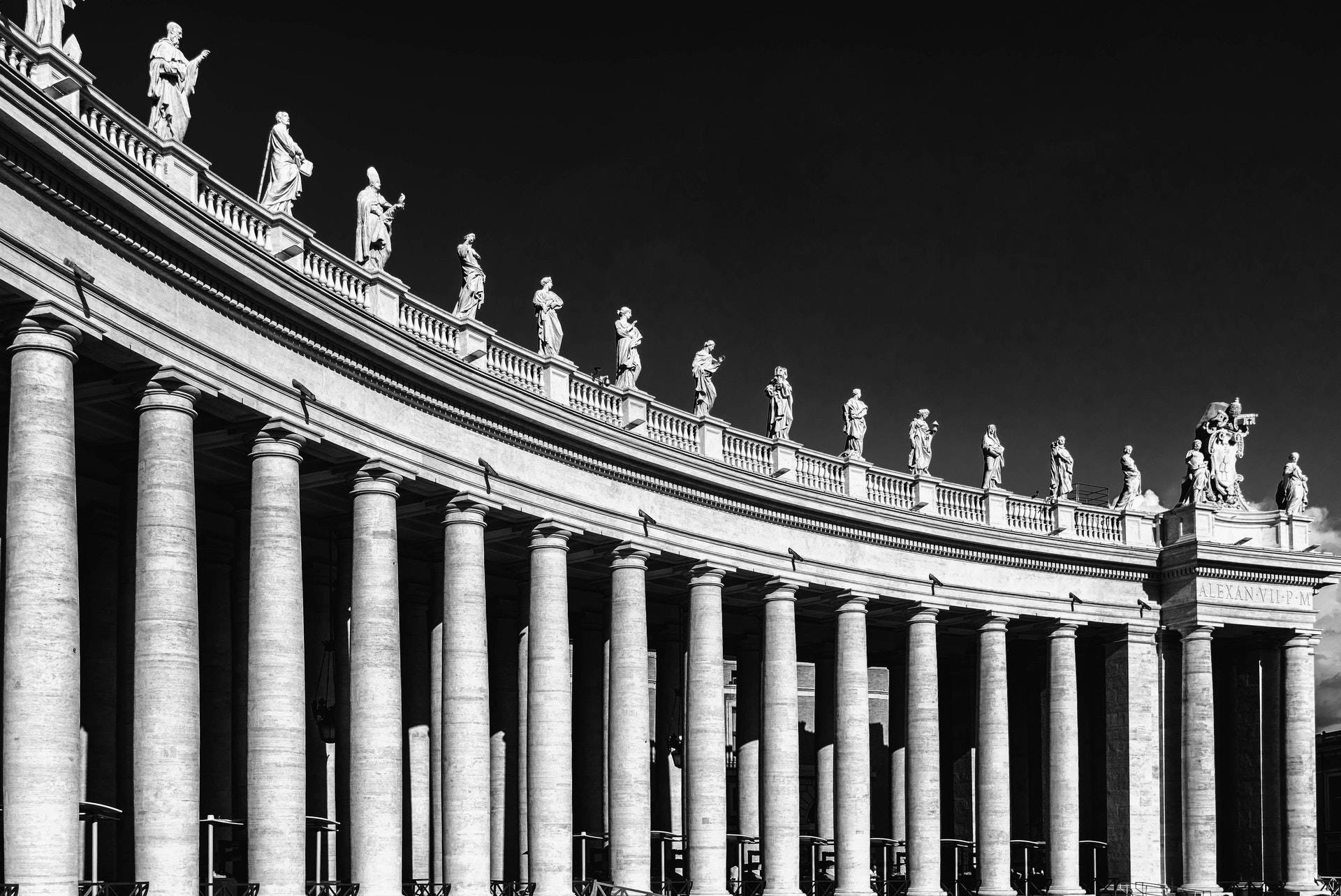A reflection on Jesus’ betrayal by Judas from The Venerable Patrick Evans.
Then one of the twelve, who was called Judas Iscariot, went to the chief priests and said, “What will you give me if I deliver him to you?” And they paid him thirty pieces of silver. And from that moment he sought an opportunity to betray him.
– Matthew 26:14-16
Read Matthew 26:14-16, 20-24, 47-50 and 27:3-5. To remind you of Judas Iscariot and his part in the events of Holy Week
Betrayal. Until the end Jesus continues to call Judas Iscariot friend. Not one of us has the right to feel superior to Judas. We have all, in one way or another, already betrayed friends. But the contrary is also true: someone whom we love can poison our life, let us down badly.
Can we recognize our own betrayals and moments when we have felt betrayed?
The friendship between Jesus and Judas is poignantly emphasised. Judas dips his bread into the dish with Jesus while they eat supper. They are companions [cum panis] bread sharers. Worse still, the very act of betrayal perverts a deep symbol of friendship as Judas identifies Jesus to his enemies by greeting him with a kiss. Jesus response reveals his conflicting emotions of tenderness and hurt; ‘Friend, do the thing for which you have come’.
Reflect on our friendships and why they have been /are so important to us.
Judas a figure of hate. By demonising guilty parties , we can pretend they are not of our kind. But Judas was not an outsider, he was of the twelve, trusted to look after the common purse. He wasn’t a traitor from the beginning. Judas was one of us.
Who are the individuals /groups we demonise and push to the margins?
Did he do it for money? Money was involved but it runs deeper. Judas Iscariot [Latin sicarius – dagger bearer] was possibly of the Sicarii, fanatical Jewish nationalists who believed in the violent overthrow of their Roman masters. It may well have been that he saw in Jesus the leader who would unite the country against the Roman occupation. When he realised that Jesus did not plan to take the way of armed revolt, he could have betrayed him in sheer disgust, as an embittered revolutionary might do.
Maybe Judas tried to force the hand of Jesus by precipitating a crisis. By placing Jesus in a position of danger he thought to force him to react violently in his own defence and then Revolution. The kingdom would be won by violence. We shall never exactly what was in Judas mind. And then the devastating insight that he has delivered Jesus to death and throwing down the money in total despair hangs himself. Perhaps he saw the uselessness of his dream on which he had built his whole life? Guilt?
Betrayal for money or politics or both?
Like Judas we often we want Jesus on our own terms, We claim to follow him but then arrange things so that he might follow us or at least keep out of our life. Whatever it is we believe in we imagine Jesus is on our side and we can use him not to judge our own prejudices insecurities and resentments but to confirm and strengthen them. What tangled webs we weave. All our weaknesses and backsliding and all our strengths and noble causes need to be brought to the foot of the Cross.
Are we willing to bring our tangled webs to Jesus? I wonder whether it was the betrayal or bodily suffering that caused Jesus the most pain? How do we feel when we realise that we have lost the plot and got something so very wrong about someone or an issue? Can we imagine how Judas might have felt?
Some words from Judas The Witnesses by Clive Samson “You don’t understand, nobody understands how the sight of his face haunts me. I remember the light on his face when he first called me. I’d have crowned him King in truth when our eyes met for the last time I knew that I loved him, I who had brought him here to these indignities till the world ends my life will be his.”
Just as I am O Lamb of God I come. With all my triumphs and disasters, O Lamb of God I come.
Just as I am O Lamb of God I come. With all my triumphs and disasters, O Lamb of God I come.
Holy Week Reflection – Saturday
A reflection by Reverend Jo Neary on the Jesus being taken down from the cross. Matthew 27:55-61Many…
Holy Week Reflection – Friday
A reflection on the Crucifixion by Revd Canon David Baldwin Matthew 27:45-46From noon on, darkness came…
Holy Week Reflection – Thursday
A reflection on Pilate washing is hands by Reverend Prebendary Alastair Wheeler Matthew 27: 24–26So when…
Holy Week Reflection – Wednesday
A reflection on Peter’s denial by The Very Reverend David Shearlock. Matthew 26:69-75 Now Peter was sitting outside…
Holy Week Reflection – Tuesday
Reflection on the Agony of the Garden of Gethsemane by Rev Fiona Beale. Matthew 26:36-46…
Holy Week Reflection – Monday
A reflection on Jesus’ betrayal by Judas from The Venerable Patrick Evans. Then one of the…






